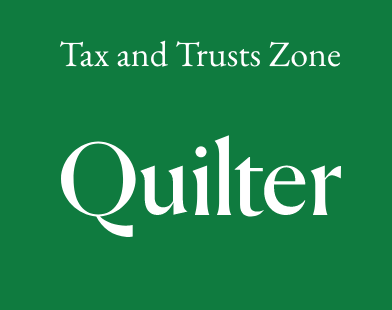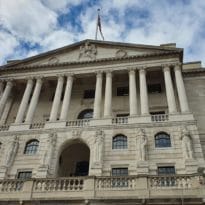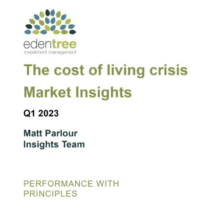Many UK retail investors believe inflation is deeply entrenched in the economy and will have a detrimental impact on their portfolio, new research from HYCM has revealed.
In a survey of 914 UK-based investors, 56% believe inflation is ingrained in the economy and will be hard to reverse.
As a result, respondents cited inflation as the biggest threat to their investment portfolio (50%), followed by market shocks and volatility (45%), slow economic growth (44%) and the possibility of a banking crisis (39%).
The Bank of England’s programme of successive interest rate hikes to combat inflation was found to be unfavourable among investors, with 43% stating that the central bank should stop hiking rates to avoid a banking crisis. More than a third (35%) agreed that interest rates have risen too high and are negatively impacting their investments.
In comparison, just one in three (31%) felt confident the UK Government will be able to deliver on its pledge to half inflation this year.
Giles Coghlan, chief market analyst at HYCM, said: “While the effort to contain US inflation now seems to be bearing some fruit, UK inflation is proving to be stickier than expected. Following the Bank of England’s twelfth consecutive interest rate hike, persistent inflationary pressures, including wage growth and a tight labour market, mean that interest rates could rise even higher still this year.
“With core inflation ticking up and the headline print remaining stagnant, our research shows that investors are rightfully concerned about the impact of inflation on their assets and the wider economy.”
Coghlan added: “However, the Bank of England is no longer forecasting a recession for the UK and has revised GDP up for next year to 0.75% from a prior projected fall of -0.25%, which should provide investors with some confidence about the road ahead. That said, with millions of homeowners still to feel the full impact of rising interest rates, stronger growth may still prove illusive for the UK economy, especially if rates have to move to 5% and beyond to tackle strong UK inflationary pressures.”






































